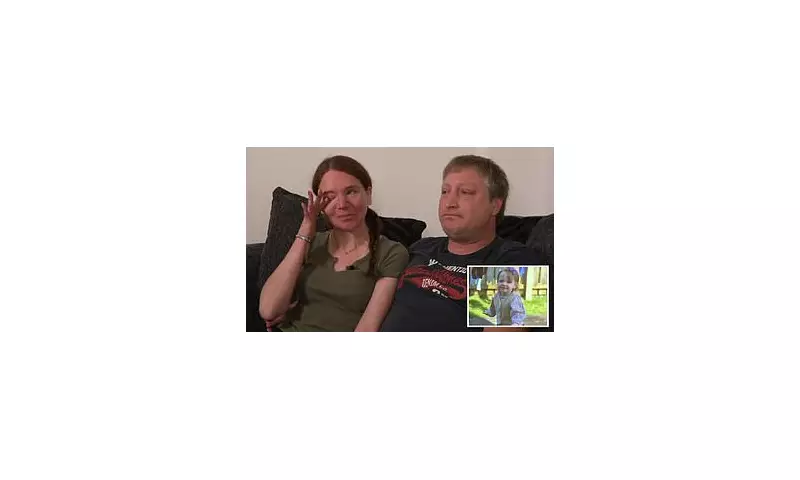
The heart-wrenching account of a toddler's preventable death from sepsis left BBC Breakfast viewers and hosts fighting back tears this morning, as a grieving mother shared her devastating story.
In an emotionally charged interview, Hollie Dance revealed how her 19-month-old son, William, was repeatedly sent home by medical professionals despite displaying clear symptoms of the deadly condition. The family's tragedy has exposed alarming gaps in pediatric emergency care.
A Mother's Intuition Ignored
"I knew something was seriously wrong," Hollie recounted, her voice trembling. "But we were told it was just a viral infection and to take him home. This happened three times."
William's symptoms included extreme lethargy, abnormal breathing, and mottled skin—classic warning signs of sepsis that were tragically overlooked. His condition rapidly deteriorated before he could receive the life-saving treatment he desperately needed.
The Silent Killer: Sepsis Awareness
Sepsis claims approximately 48,000 lives annually in the UK, with young children being particularly vulnerable. The condition occurs when the body's response to infection causes damage to its own tissues and organs.
Medical experts emphasize that early recognition and treatment are critical for survival. William's case highlights the devastating consequences when warning signs are missed.
BBC Presenters Struggle with Emotion
Hosts Sally Nugent and Jon Kay were visibly moved during the interview, taking moments to compose themselves as Hollie described her final moments with her son.
"There wasn't a dry eye in the studio," a BBC source revealed. "Hollie's bravery in sharing her story amidst such grief was incredibly powerful."
Calls for Systemic Change
The interview has sparked renewed calls for improved sepsis recognition training across NHS services. Campaigners are demanding:
- Mandatory sepsis awareness training for all frontline medical staff
- Improved pediatric assessment protocols in emergency departments
- Better communication between healthcare professionals and concerned parents
- National public awareness campaign about sepsis symptoms
William's family hopes that by sharing their tragedy, they might prevent other families from experiencing similar loss. "If this saves just one child, William's story will have meaning," Hollie stated through tears.
The Department of Health has acknowledged the case, stating that "all avoidable deaths are a tragedy" and confirming that lessons must be learned from William's death.





